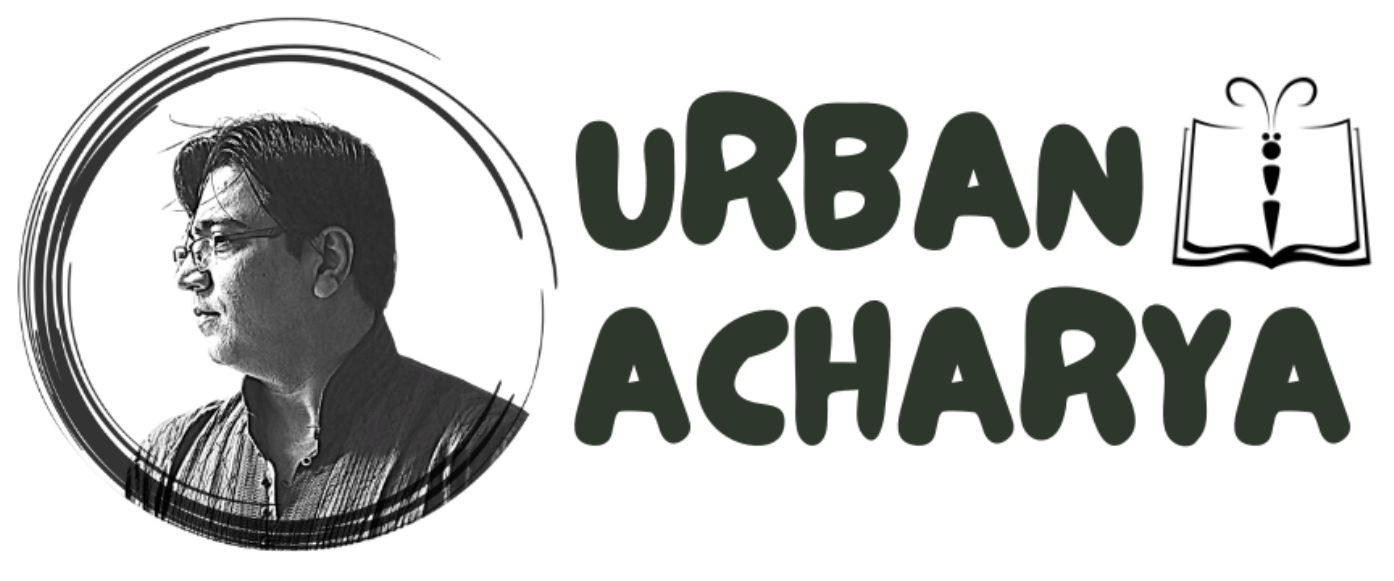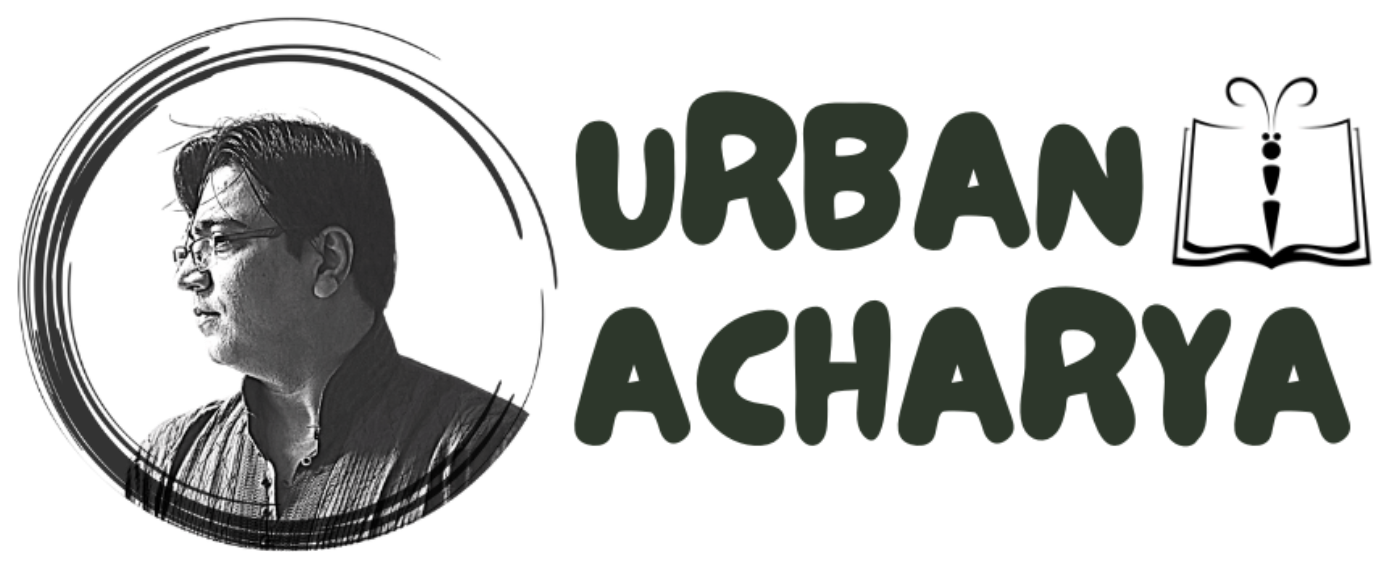Are you curious about what goes on in the mind of an interviewer during a job interview?
Prepare to be amazed as we uncover the hidden biases that shape their decisions and reveal fascinating insights into interviewer psychology!”
It is an interesting and important topic to understand especially when you’re preparing for an interview and it is lined up in the days or weeks to come.
The objective of this article is to provide you with insights on this subject so that you can be better prepared to drive a professional conversation, during your interviews, and customize your approach to polishing your rough edges.
But before we get to it, let me tell you – why it is important for you to know about the Interviewer’s Psychology?
The outcome of your interview is not only dependent on your own skills or experiences or educational background or the attractiveness or your profile for the role in discussion, or your performance during the interview.
In fact it is also dependent on a number of factors that are beyond your control.
In this article we will talk about all those factors which are beyond your control.
First off, it’s important to remember that interviewers are human beings. They have their own unique personalities, values, and biases.
Just like anyone else, they also have pre-existing beliefs or biases about certain things, such as gender, race, age, or social class.
This can influence the way they conduct interviews and evaluate candidates.
So, when you get negative feedback from the recruiter about your performance in the interview, you have to accept it with a pinch of salt.
Because it may not just be your own performance issues, there could be factors beyond your control.
So, what are some of the biases you may encounter silently?
Interviewer Psychology – Confirmation Bias
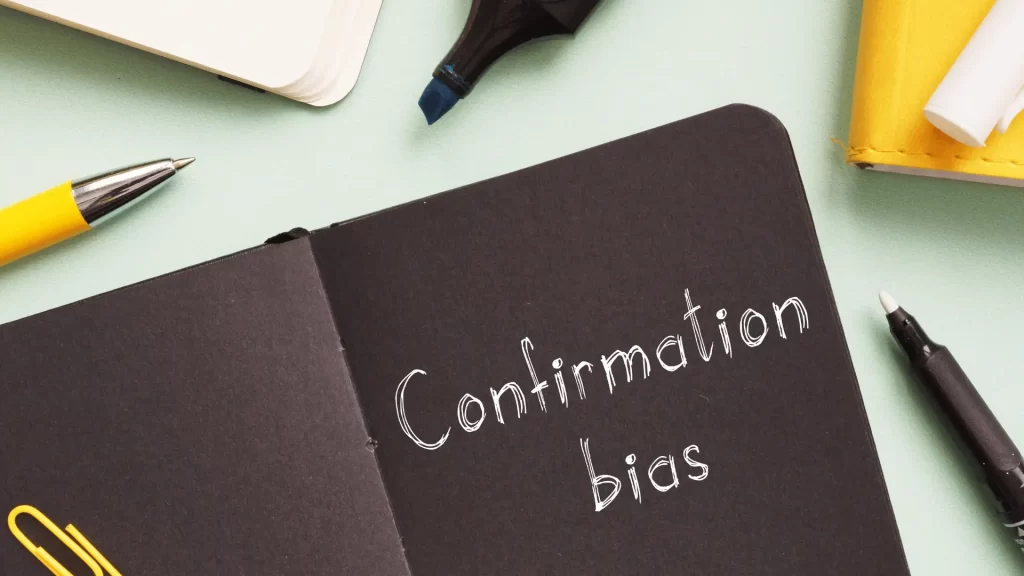
This means that the interviewer may look for information that confirms their pre-existing beliefs about a candidate.
For example, if an interviewer believes that women are not as competent as men, they may ask more difficult questions to a female candidate than to a male candidate, or if it is the other way round, he/she may ask difficult questions to male candidates.
Let’s take another example, if the interviewer believes that a degree from a premiere college is a must to enter into the company, he/she may focus on asking difficult questions to candidates with modest educational background, irrespective of the other factors.
Now, my point is that not all interviewers are biased, but in general, interviewers should try to remain open-minded and not make assumptions about candidates based on the factors beyond their control.
Well, that’s an ideal state.
Interviewer Psychology – Halo Effect

Halo Effect occurs when interviewers allow their overall positive impression of a candidate to influence their evaluation of specific traits or abilities.
For instance, if an interviewer finds a candidate to be friendly and engaging, they may assume that the candidate is also highly intelligent or competent, even if there is no evidence to support this.
Let me give you another example. If a candidate is extremely tall and well groomed and presentable, the interviewer may assume that the candidate is extremely intelligent, even if there is no evidence to support this.
The point I am trying to make here is, interviewers at times digress from the core subject of evaluating candidates on specific job-related criteria, and that is not good.
It should be avoided at any cost.
Interviewer Psychology -Stereotyping
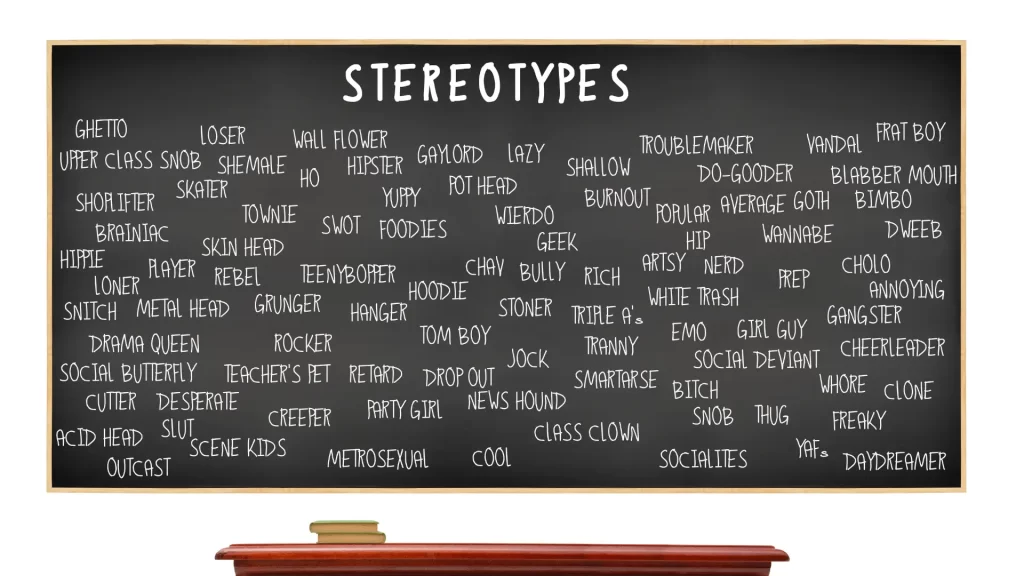
Stereotyping is another kind of bias that can influence interviewer behaviour.
Interviewers may hold stereotypes about certain groups of people based on factors like race, gender, or social class.
This can lead to unfair treatment of certain candidates and missed opportunities for the organization.
To avoid this, interviewers should be aware of their biases and avoid making assumptions about candidates based on irrelevant factors.
So you understand now that while you have prepared so well for the interview, worked really hard night after night, there are factors you can’t do much about.
These factors can influence interviewer behaviour.
Interviewer Psychology – Primacy and Recency Effect
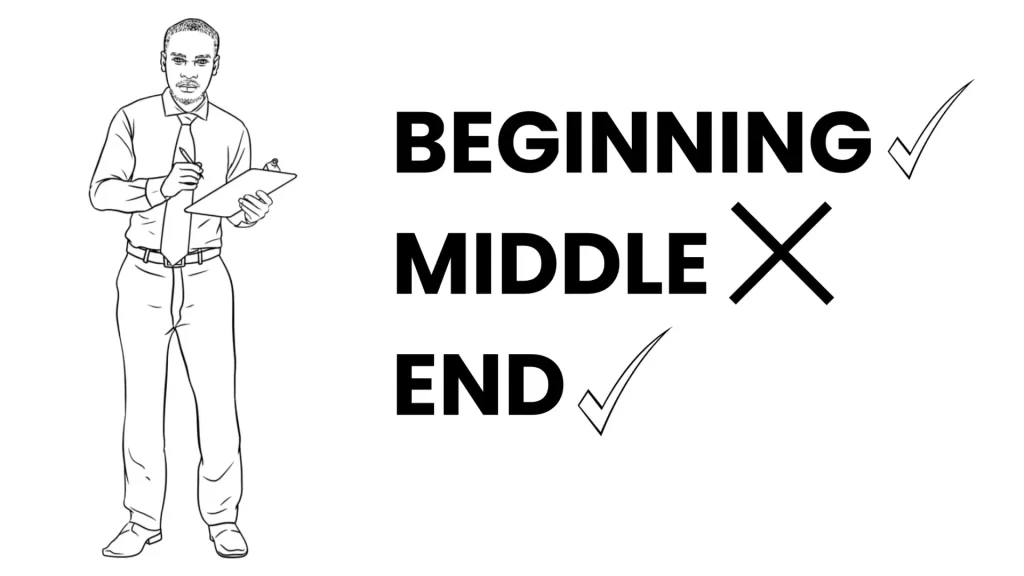
Interviewers may be more likely to remember the first or last candidate they interview, which can bias their overall evaluation of candidates.
This should be avoided at any cost, and Interviewers should take detailed notes and compare candidates based on specific job-related criteria.
Finally, stress and anxiety can also affect interviewer behaviour and evaluation of candidates. For example, they may ask more difficult questions or be more critical of a candidate’s responses.
I remember one of my interviews almost a decade back. It was a pretty tough interview. Every answer I gave, I received a standard response – ‘I don’t think I agree with that.’
It was pretty annoying for me beyond a point and even though I did not lose my cool, I felt bad when I was disrespected on a couple of occasions.
The interview lasted for 30 minutes and I came out feeling bad. I couldn’t make it and I knew about it. But it was an experience that I remember always. I knew there was something wrong with the interviewer, perhaps he was stressed out.
So, if you have a tough round of interview, you should not feel bad about it, because there are things beyond your control.
To manage stress and anxiety, interviewers should take breaks between interviews, practice relaxation techniques, and focus on evaluating candidates based on objective criteria.
With this I have come to the end of my video/blog. I hope this was helpful.
So, what can you do with this information?
If you’re a job candidate, understanding interviewer psychology can help you prepare for an interview and make a good impression.
By focusing on specific job-related criteria, you can help the interviewer make an unbiased evaluation of your skills and qualifications.
And if you’re an interviewer, understanding interviewer psychology can help you conduct fair and effective interviews.
By being aware of your biases and managing your stress and anxiety, you can make more objective evaluations of candidates and help your organization find the best fit for the job.
In conclusion, understanding the intricacies of interviewer psychology and the biases that may impact their decision-making can be a game-changer for job seekers.
Armed with this knowledge, you can better prepare for your next job interview and approach it with a strategic mindset.
Remember to be mindful of confirmation bias, halo effect, and unconscious bias, and take steps to counteract their effects.
By decoding the interviewers’ mind and being aware of these biases, you can increase your chances of acing that next job interview and landing your dream job.
So, go ahead and step into your next interview armed with these insights and rock that interview with confidence!
